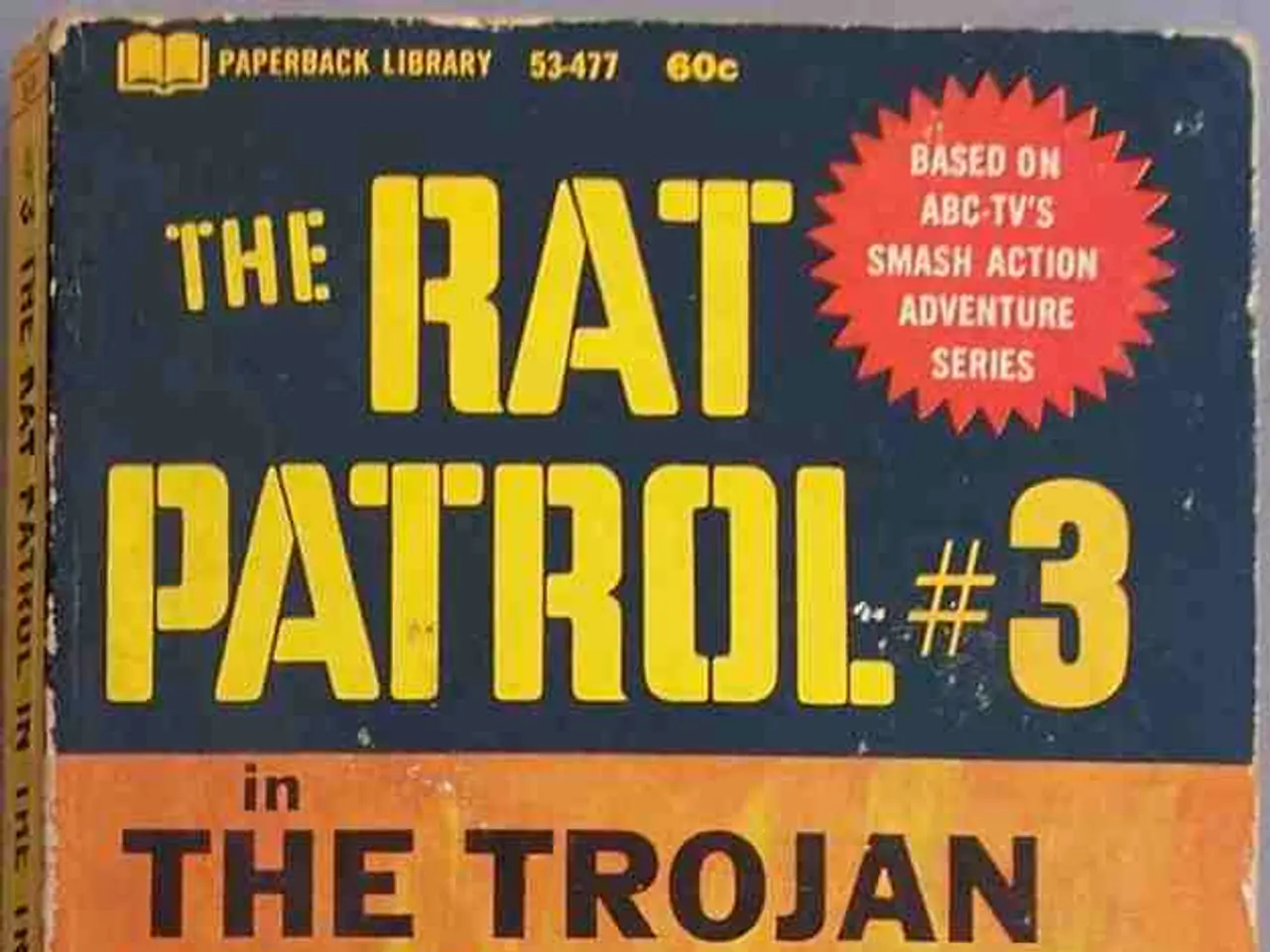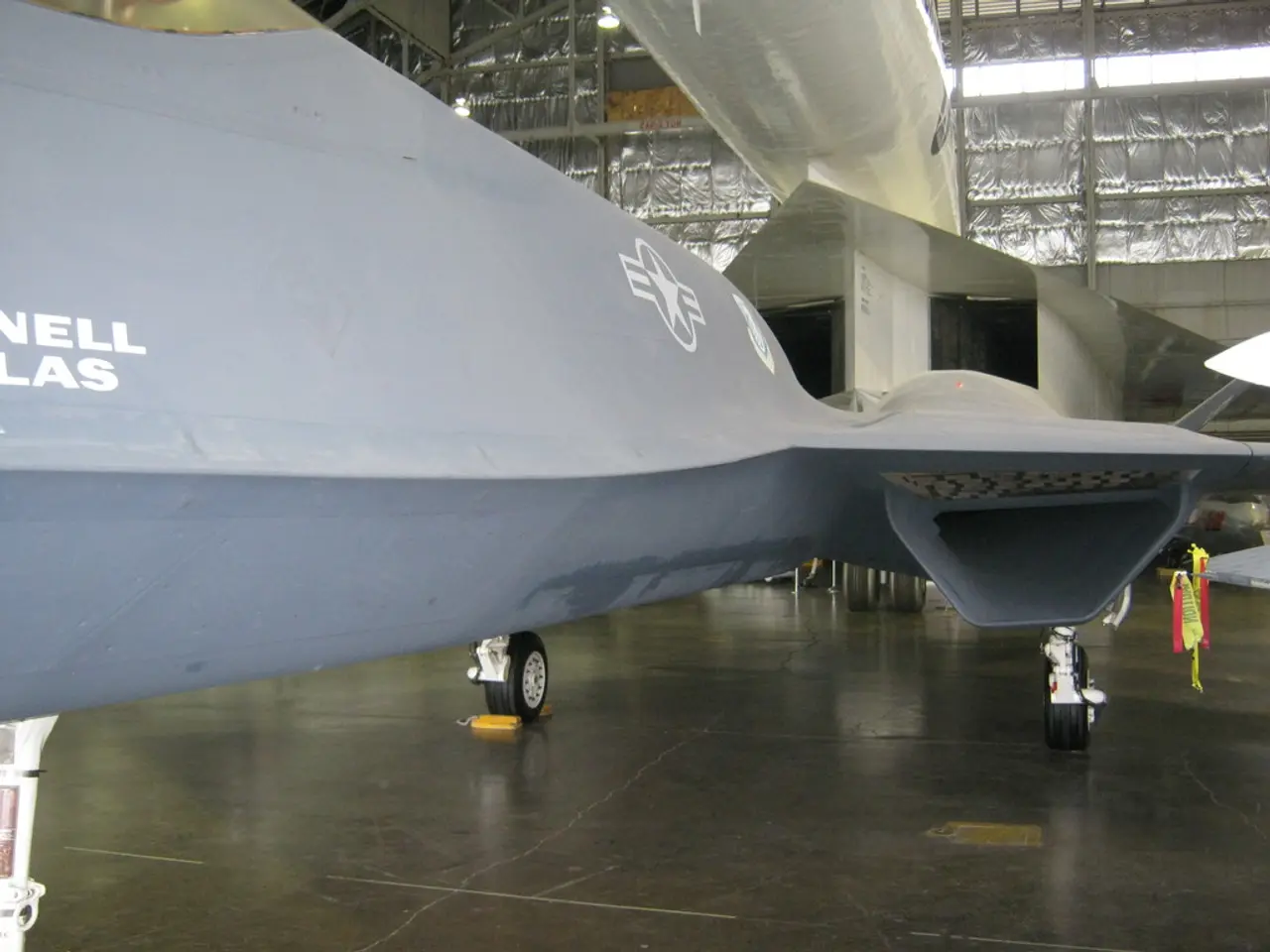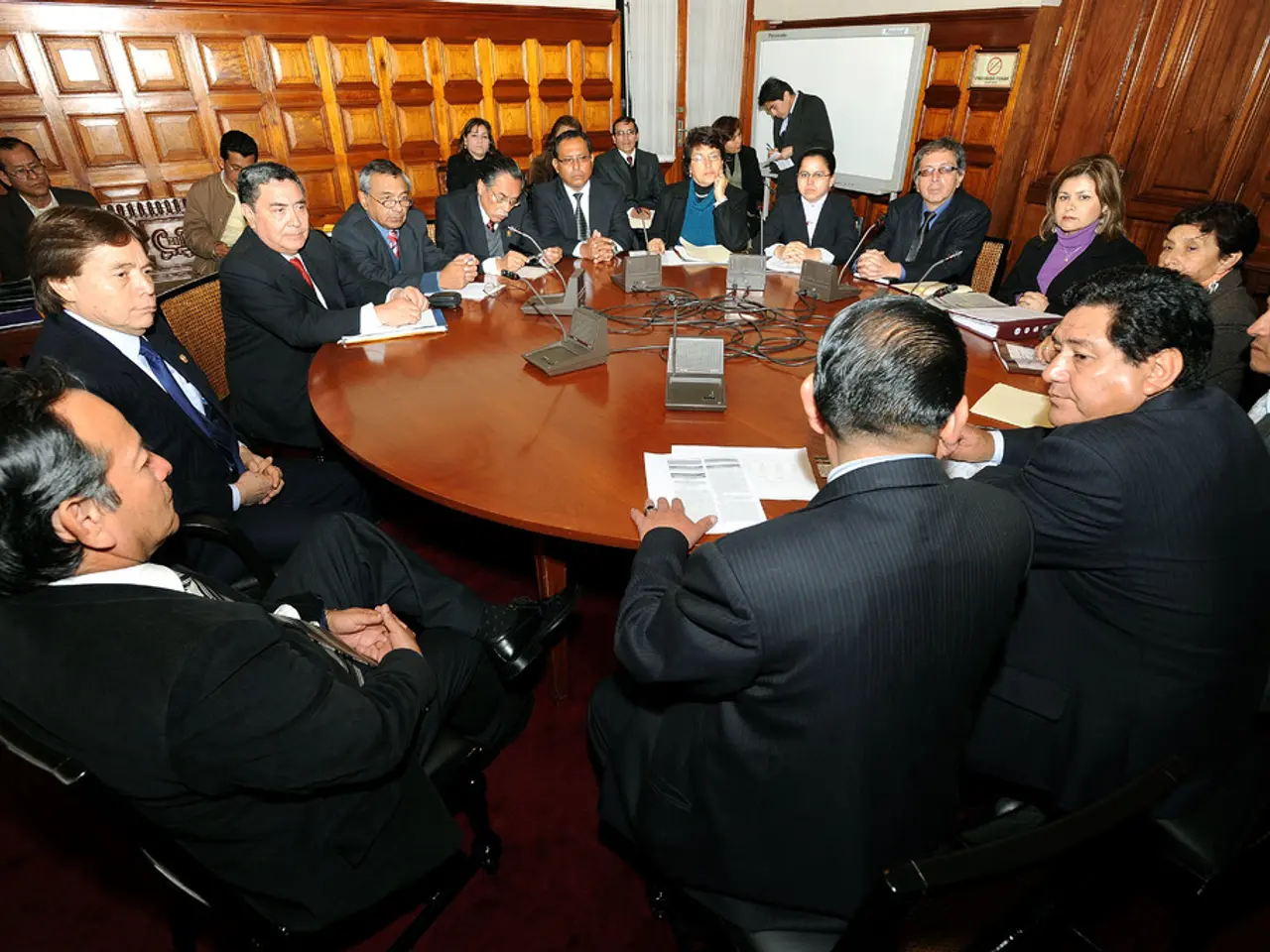Escalation of Israeli strikes in Syria exacerbates existing troublesome conditions
In the heart of Syria, a small yet significant religious and ethnic minority, the Druze, are facing a challenging time. Comprising around 3-5% of the population, with approximately 700,000 to 800,000 members before the civil war, the Druze community is primarily concentrated in the southern province of Suwayda, known as their heartland.
The Druze faith, originating in the 11th century as an offshoot of Ismailism, is a unique blend of Gnosticism, Neoplatonism, and ancient traditions. Monotheistic and esoteric, it places great emphasis on secrecy and loyalty within their close-knit community. The Druze do not practice mainstream Islamic rituals, and access to their sacred texts is limited to initiated members. Moreover, the Druze faith is closed, meaning one can only be born into it, and conversion is not allowed.
The Druze community's distinct religious identity and their unwillingness to cede the de-facto autonomy gained during the chaos of the war have led to persecution and targeted attacks. Since the fall of Bashar al-Assad's regime in December 2024 and the rise of the new Islamic-leaning government under Ahmed al-Sharaa, the Druze fear marginalisation and attempts to undermine their traditional way of life. The new government has been accused of trying to “return the Druze to pure Islam,” threatening their distinct religious and social identity.
Tensions escalated further after clashes in April 2025 between Druze fighters and Syrian regime forces, resulting in over 100 deaths. Despite a deal later leaving Druze militias controlling security in Suwayda province, Damascus has not accepted this status, leading to renewed violence. The Syrian interior ministry has criticised the lack of official state security presence in Suwayda, paving the way for regime forces to enter the area again despite Druze opposition.
Moreover, the Druze remain outside the new government's security integration efforts, exacerbating tensions. Extremist militias linked to the transitional authorities have reportedly targeted the Druze community through executions, arson, and attacks on religious sites, intensifying the persecution. Israeli military strikes on Syria have also targeted militants threatening the Druze, indicating regional dimensions to the conflict affecting this community.
As the situation in Syria continues to unfold, the international community has expressed concerns. The EU called for Israel to "fully respect Syria's sovereignty" following attacks on Syrian army headquarters. The UAE condemned the attacks as a dangerous escalation, while some Syrian Druze leaders have resisted attempts by the new government to assert control since the fall of the regime of former president Bashar Al Assad in December.
Recent days have seen deadly clashes between Druze militiamen and Bedouin tribes, adding to the complexities of the situation. Incitements to violence do not serve the Israeli public, which is already exhausted from fighting several wars. For Syria to succeed, violence must be consigned to history.
In a bid to protect the Druze community, Israel attacked the Syrian army headquarters on Wednesday, ostensibly in defense of the Druze. However, Israel's intervention appears closely interested in destabilizing the Syrian government, a concern shared by many in the international community. The Israeli government would do well to halt any further intervention in Syria and engage in ongoing dialogue with the Syrian government amid the US administration's efforts to bring Syria further into the international fold.
The events of the past few days are of grave concern for Syrian authorities, with the army general command and the defense ministry badly damaged in the attack. As the situation evolves, it is crucial for all parties to prioritise dialogue and understanding to prevent further escalation and the risk of sectarian violence erupting in Syria. The Druze community, with their unique faith and strong communal identity, deserve peace and respect in their homeland.
- In the contemporary Syrian news, the Druze community, a religious and ethnic minority, faces ongoing challenges, particularly after the fall of Bashar al-Assad's regime in December 2024.
- The new Islamic-leaning government under Ahmed al-Sharaa has been accused of attempting to undermine the Druze community's distinct religious and social identity, threatening their traditional way of life.
- Tensions between the Druze and Syrian regime forces escalated in April 2025, leading to over 100 deaths and renewed violence, despite a deal leaving Druze militias in control of security in Suwayda province.
- The international community, including the EU and the UAE, has expressed concerns over the situation in Syria, particularly the persecution of the Druze community and potential risks of sectarian violence.







